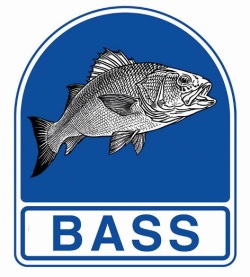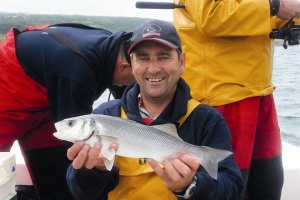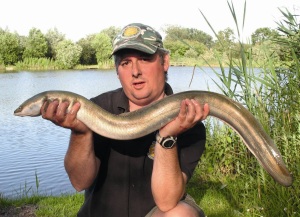Sea Trout Protection English and Welsh Version
English and Welsh rivers were colonised by sea trout at the end of the last Ice Age, and their descendents are the populations of brown trout and sea trout we know today (both Salmo trutta). Resident and migratory characteristics have developed within individual catchments, so that some fish now remain permanently
resident (brown trout), some always migrate (sea trout) and others can do either, depending on circumstances. It is believed that both genetics and environmental issues, such as habitat and available
food, play a part in whether or not a trout migrates to sea. What is a Sea Trout? SALMON & TROUT ASSOCIATION
Game anglers for fish, people, the environment.At the 1st International Sea Trout Symposium at Cardiff University in July 2004, four key issues emerged as being vital to the future of our sea trout stocks:
lSea trout utilise tiny spawning streams, but these are the very habitats most at threat from unsympathetic land use and agriculture. Finnish sea trout stocks have been savaged by fish being accidentally
caught in the coastal white fish gill-net fishery. The UK's coastal waters are exploited by bass gill-netters, and the potential threat to sea trout is obvious.lLarger female sea trout are often multiple repeat spawners with a potential to deposit many eggs over their lifetime, so maximising their contribution to local stocks. They have proven their fitness to survive in both the river and the sea and so contain important genes to pass on to their progeny. Protection of larger fish is therefore vital. Some scientific opinion suggests that salmon are on the edge of their viable range in the southern half of England and Wales. If our climate becomes warmer, as is widely predicted through global warming, sea trout will also be
vulnerable to the resulting environmental pressures, such as droughts, abnormal winter flows, inevitable changes to their growth/life history and,weakened by sub-lethal levels of pollution while in rivers, they might be unable to survive the additional stress of migrating from freshwater into the
marine environment.
What can you do to help?



